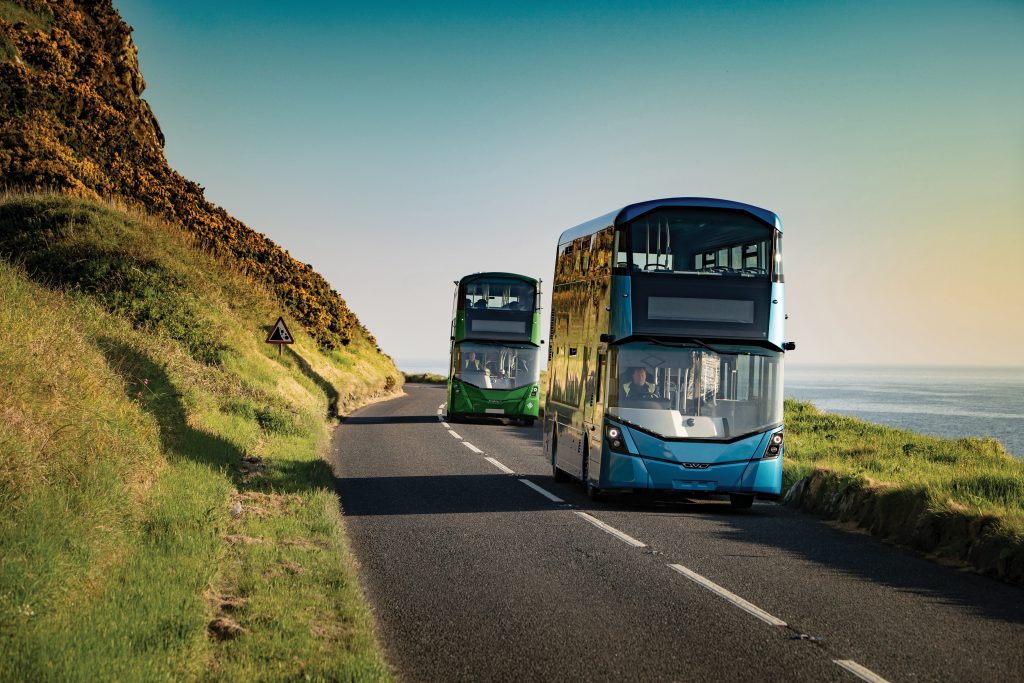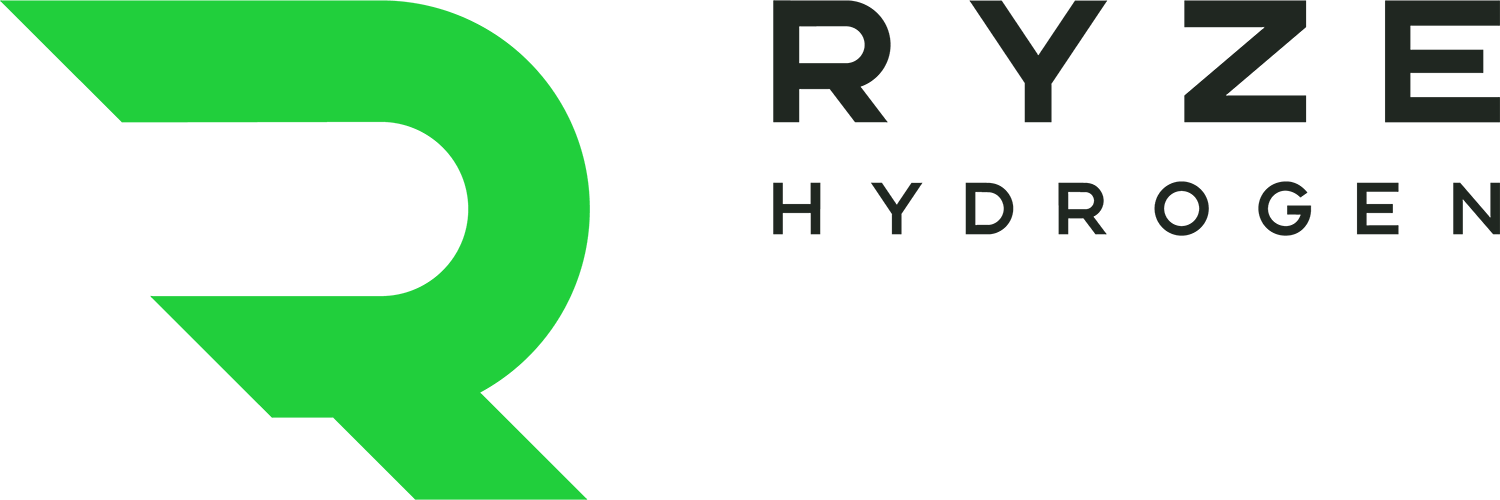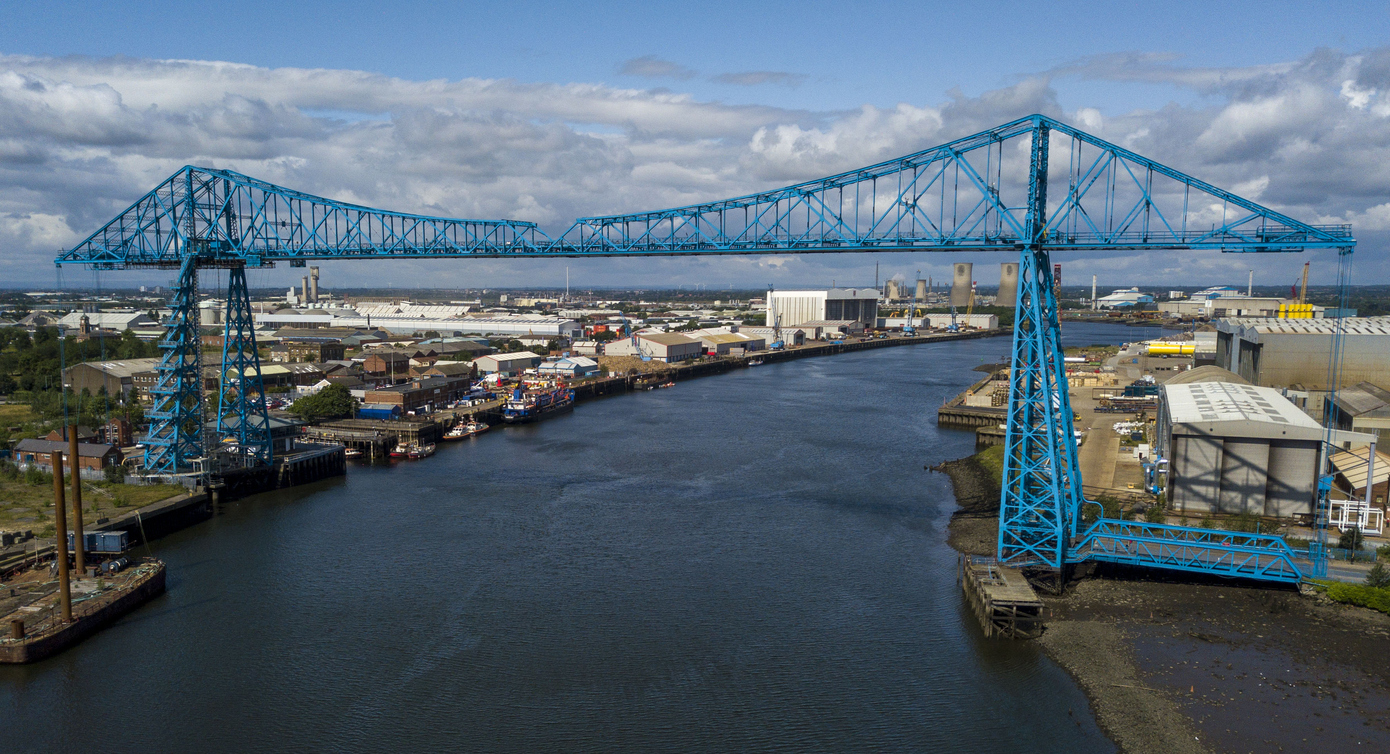Teesside could be the source of a quarter of the clean hydrogen produced in the UK by 2030 and the nation’s leading hydrogen transport hub as it sets out to become one of the world’s first decarbonised industrial clusters.
Already home to a raft of planned hydrogen projects, Teesside is also part of the East Coast Cluster, one of two hubs chosen by the government to pioneer industrial carbon capture in the UK.
As well as playing a huge role in decarbonising UK industry, safeguarding thousands of jobs and creating thousands more, Teesside is also expected to accelerate use of hydrogen in transport and become the UK’s leading hydrogen transport hub, according to a new report.
BP is behind two major hydrogen projects in the area, H2Teesside and HyGreen Teesside. The former is a blue hydrogen facility that aims to produce 1 GW of hydrogen by 2030 and capture up to 2 million tonnes of carbon dioxide in the process. The latter plans to produce 60 MW of green hydrogen by 2025 and 500 MW by 2030.
Those two projects alone could account for 15% of UK government’s 2030 target of 10 GW of low-carbon hydrogen production. A further 1 GW of hydrogen production projects are in the pipeline in Teesside, meaning the region could produce a quarter of the government’s target.
Industries in Teesside account for over 5% of the UK’s industrial emissions and the region is close to North Sea storage sites, pipe corridors and existing operational hydrogen storage and distribution capabilities, making it a natural home for the country’s biggest decarbonisation project.

Teesside is also expected to accelerate use of hydrogen in transport and become the UK’s leading hydrogen transport hub. Pictured are Wrightbus UK-manufactured zero-carbon hydrogen-powered double deck buses.
Also in Teesside, Northern Gas Networks has been pioneering the use of hydrogen in the home for heating, hot water and cooking. Two houses in Gateshead started receiving 100% hydrogen in July 2021 as part of a demonstration project by Cadent and NGN. Later that year, a blend of 20% hydrogen and 80% natural gas began being piped into 669 homes, a school and some small businesses in Winlaton, a village about 7 miles east of Newcastle.
In October 2022, the government launched a £20 million competition, to be hosted in the Tees Valley, to explore how hydrogen can be used to reduce emissions in the transport sector. The Hydrogen Transport Hub competition, run by Innovate UK, will tap businesses and research groups to tackle challenges such as large-scale hydrogen refuelling, the use of hydrogen in public transport and greening the supply chain by adopting hydrogen in road haulage.
The report, commissioned by BP, Arup, Kellas Midstream, and Northern Gas Networks, predicts that the ramp-up of a hydrogen-based economy could support up to 6,3000 workers during a three-year construction period.
“Our region is at the forefront of the UK’s clean energy ambitions, with transformative projects secured in low carbon and offshore sectors,” said Tees Valley Mayor, Ben Houchen. “Teesside already produces around half of the UK’s hydrogen, so we’re well-placed to become a leading force and SuperPlace in the production, storage, distribution, and use of hydrogen for green projects of global significance.”
To learn more about Ryze Hydrogen click here.






